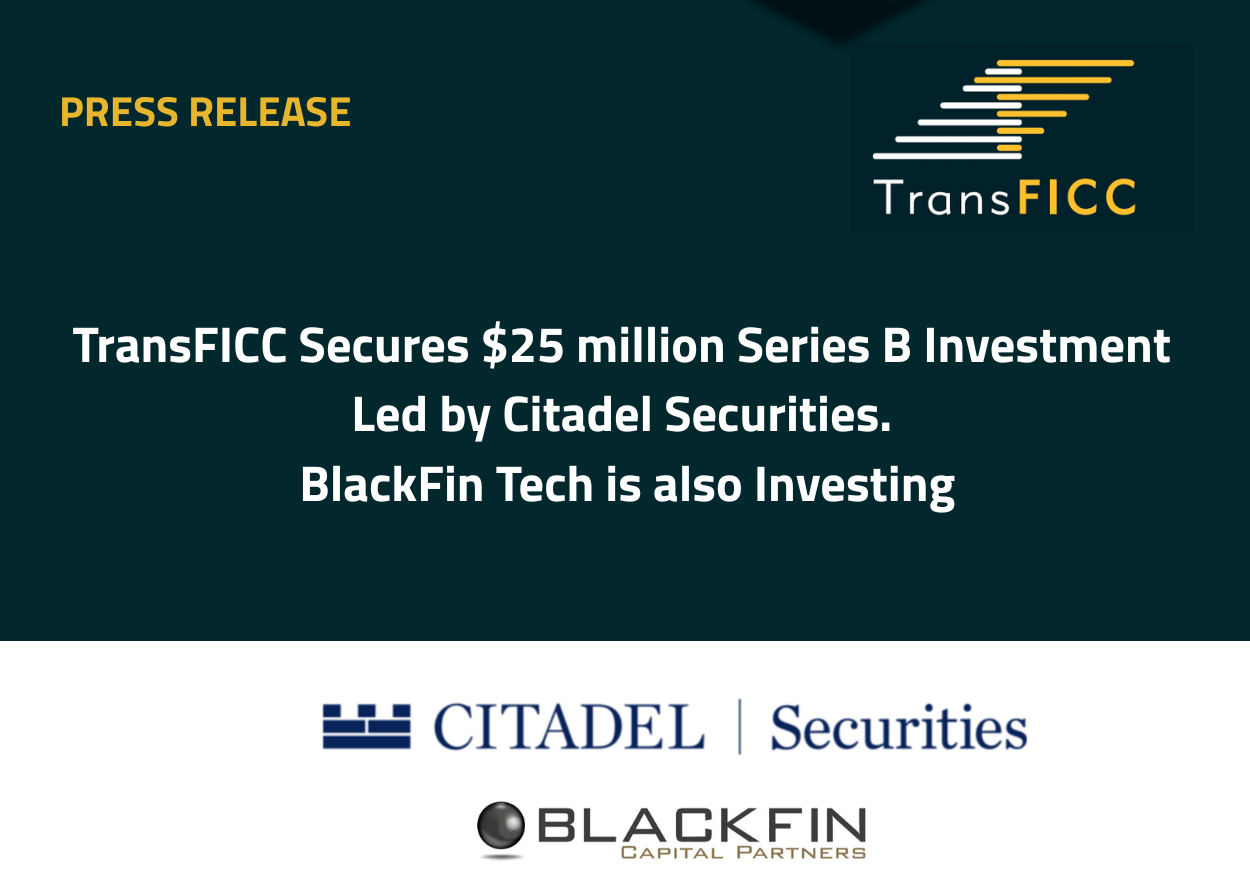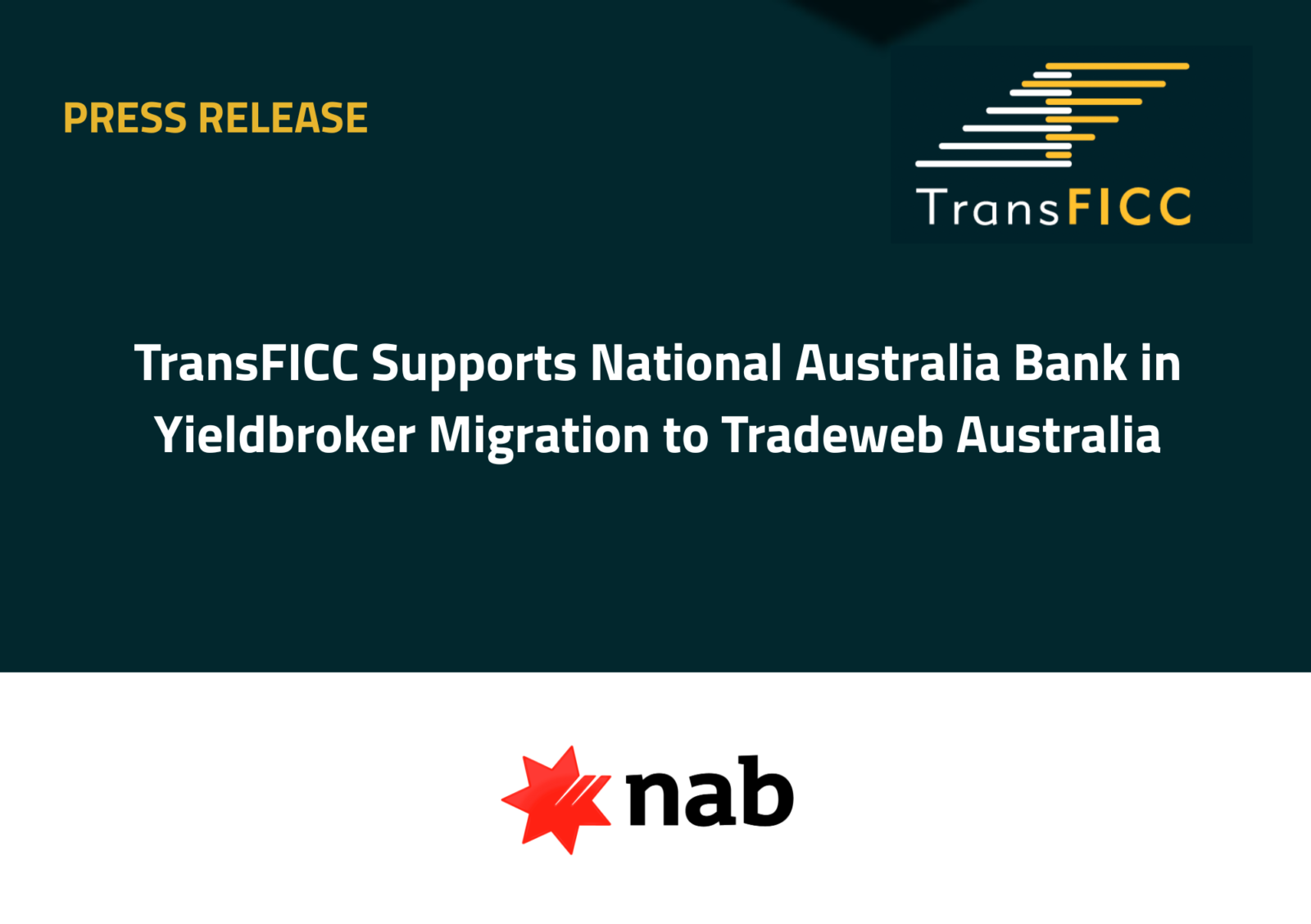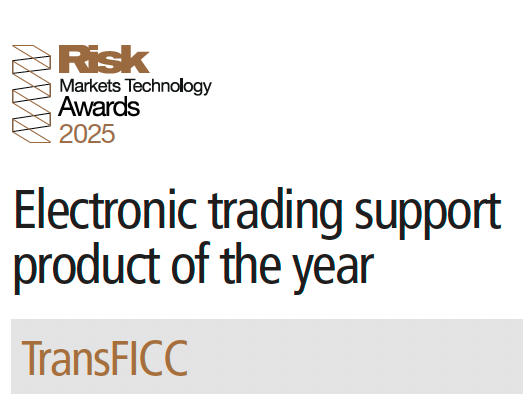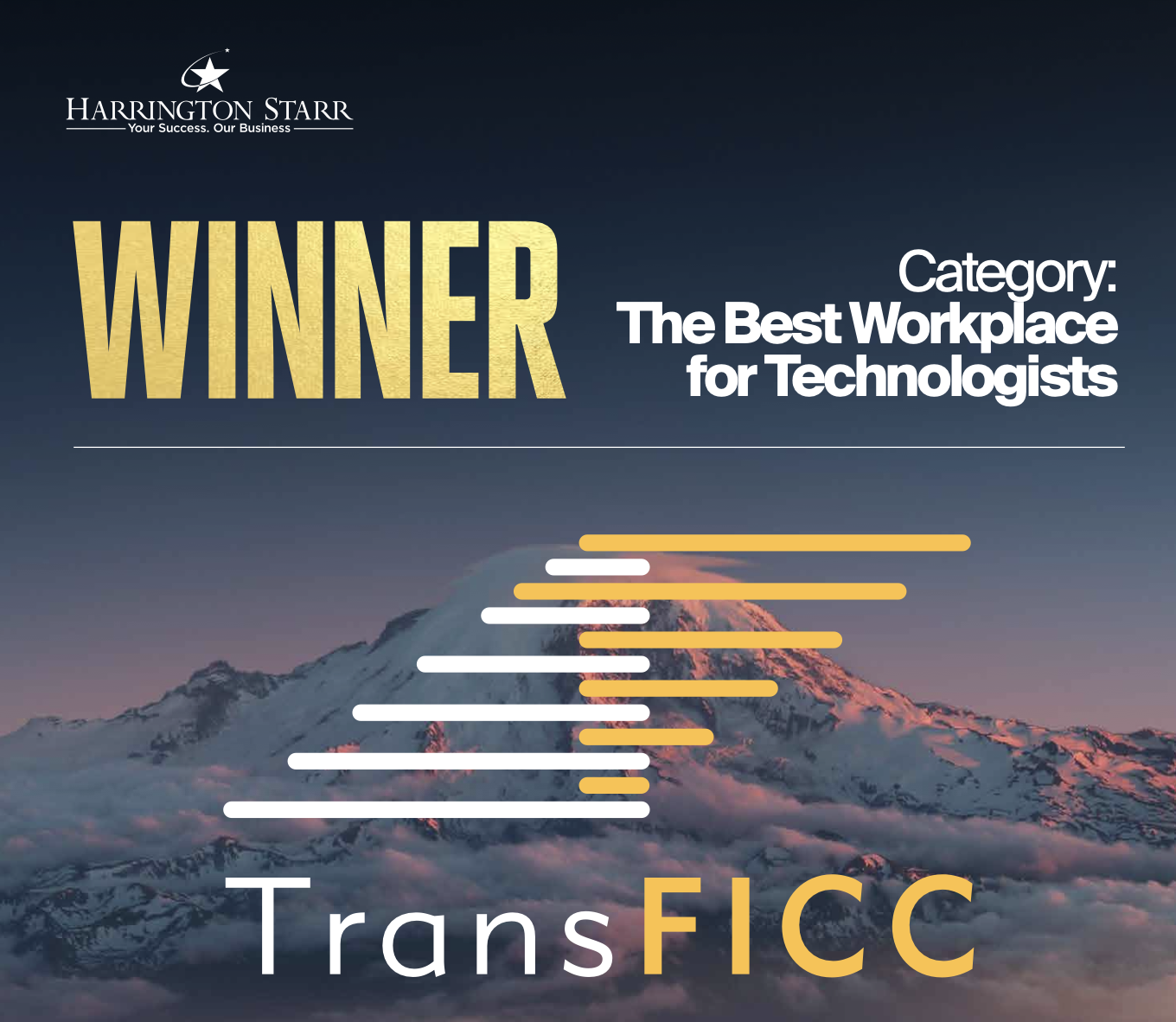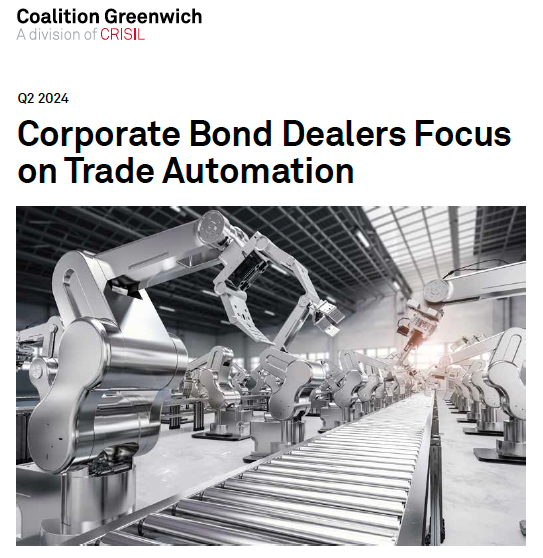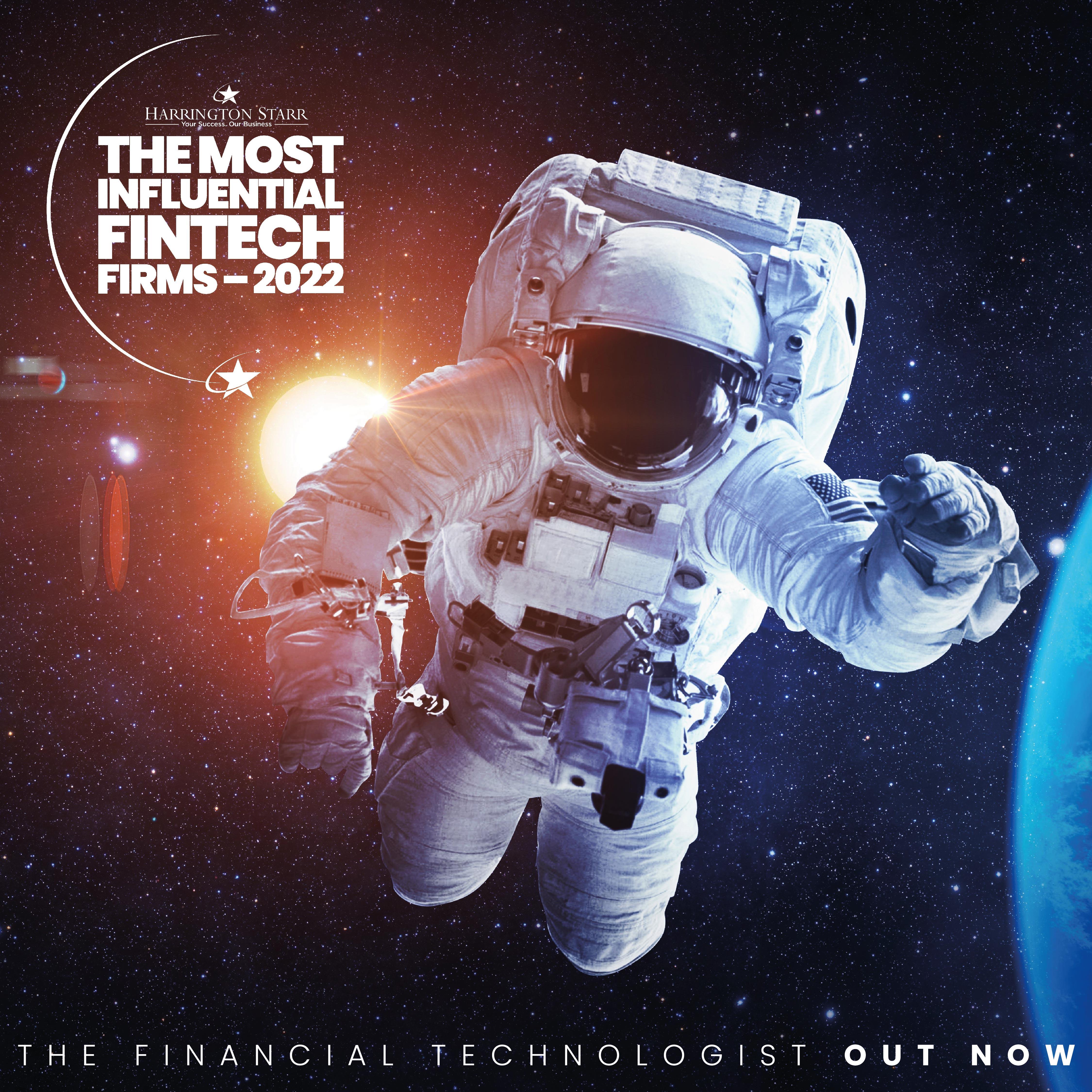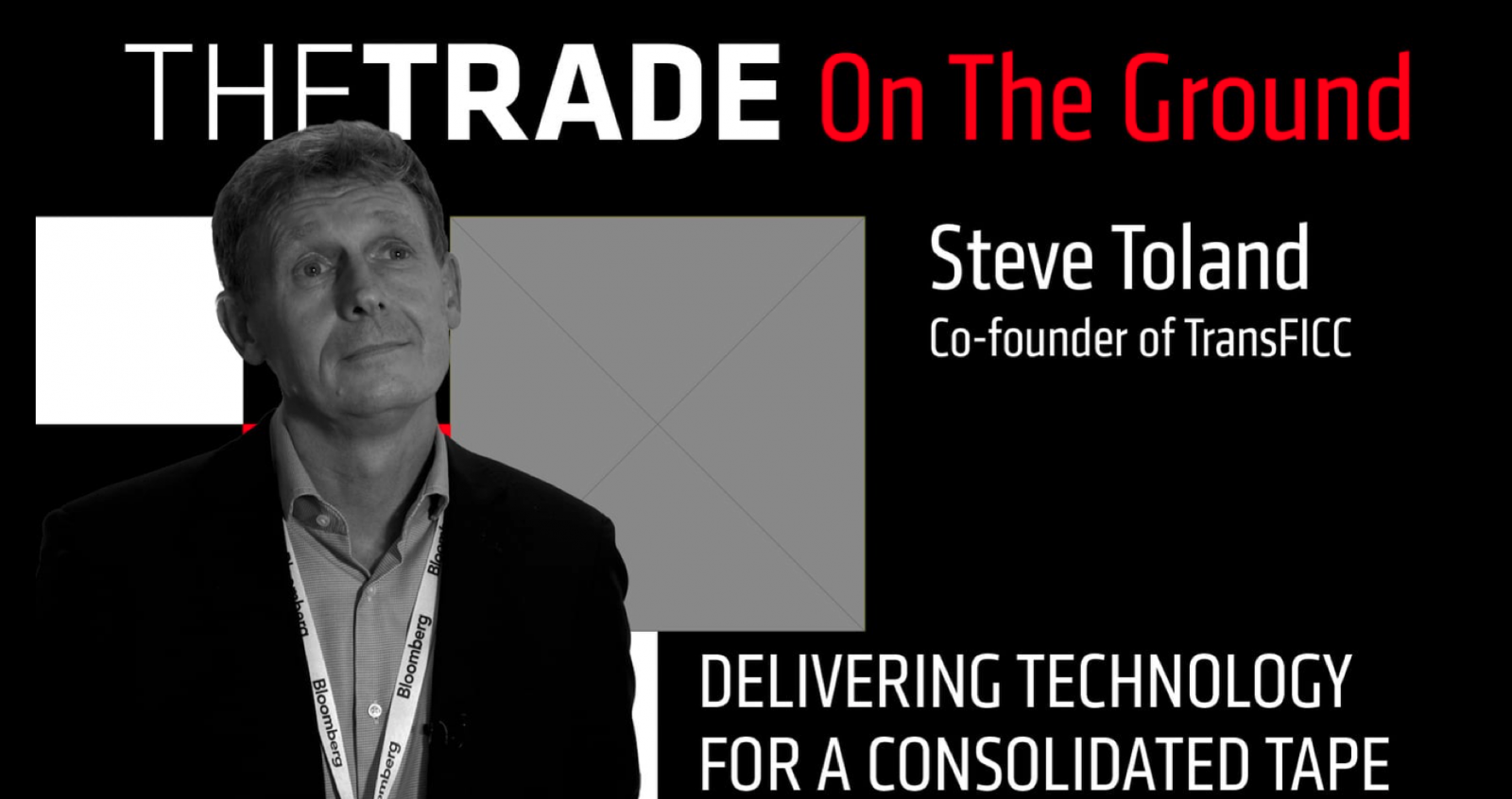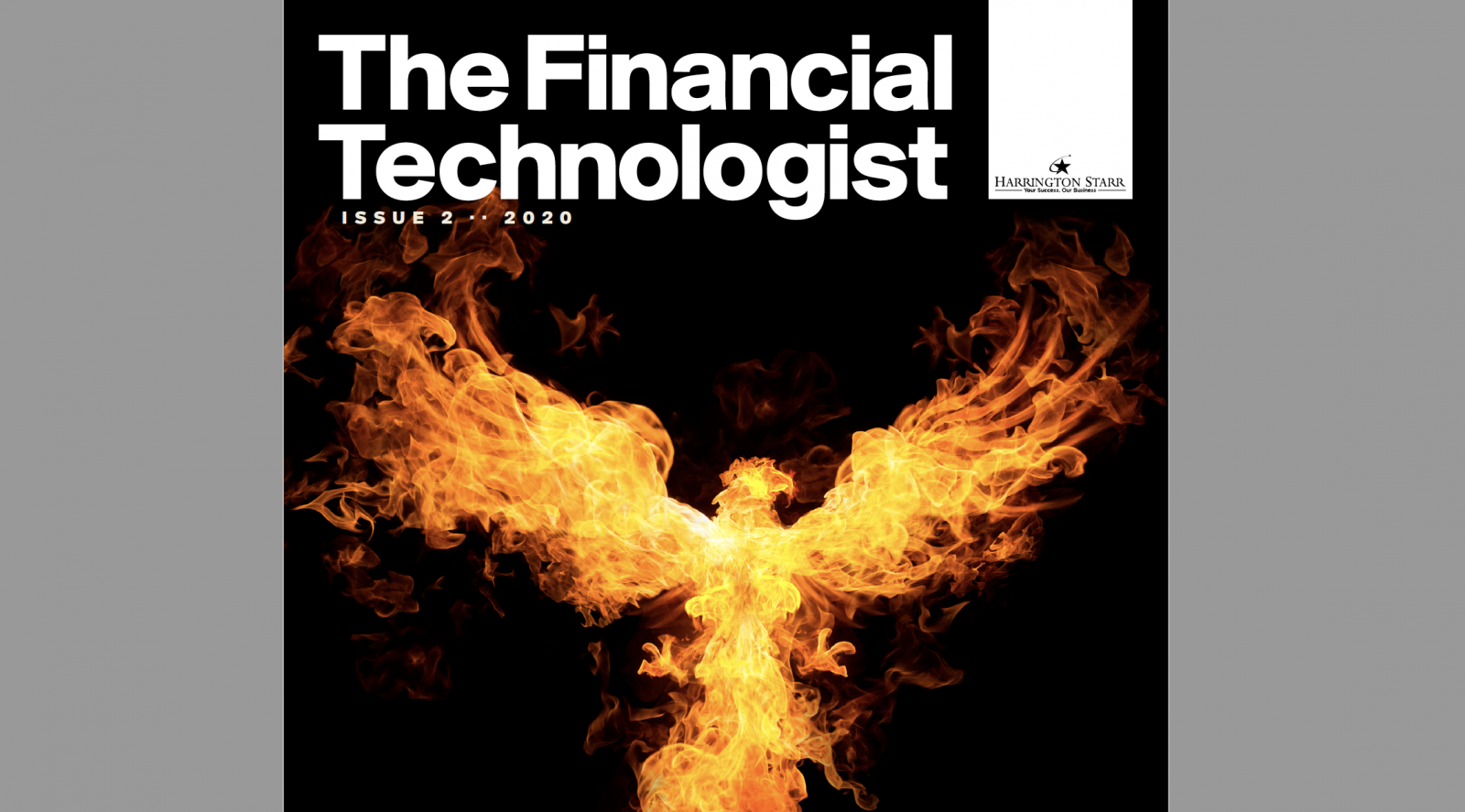MiFID II Likely to Become International Best Practice
MiFID II is not only having a profound impact on the EU, but increasingly it is being seen as best practice for other regions.
With thanks to Wietske Jarvis-Bees (from Thomson Reuters Regulatory Intelligence), who wrote the article on which this piece is based. Also thanks to John Greenan (from Alignment Systems), who is quoted below.
The unbundling of research and best execution requirements under MiFID II could become best practice worldwide, as commercial pressures are driving asset managers outside the EU to revise their execution processes and policies.
Best Execution
While many Asia-Pacific investment managers are not directly impacted by MiFID II, the best execution requirement is increasingly seen as a commercial obligation and a benchmark for clients' performance assessment.
Asset managers captured by MiFID II will be required to take "sufficient" steps to achieve best execution on orders across a broad spectrum of asset classes considering multiple factors, including price, speed and likelihood of execution and settlement. They should also report these processes for each of their top five execution venues.
Research Unbundling
Once MiFID II comes into effect on January 3rd, 2018, asset managers will no longer be able to accept free research from third parties. Instead, they will need to either absorb the research costs themselves, or to set up research payment accounts (RPA), which entail additional disclosure, budgeting, reporting and audit requirements.
Again, whilst not directly affected by MiFID II, there is a growing trend for asset managers in Asia to regard this as best practice. Combining unbundling with best execution means that, for many, the practice of sending orders to a sell-side organisation on the basis of research or relationship is coming to an end.
Demonstrating Best Execution
Demonstrating best execution presents a significant challenge. One of the main reasons is that there is no industry standard.
"I've encountered companies that have a very strong sense of what they believe to be the intention of MiFID II, the ability to understand not just best prices but also the performance of brokers over time, and that have invested a lot of money in technology to help them achieve these objectives. At the same time, I am seeing companies that think best execution involves a set of prescriptive requirements around trade reporting and additional data fields, and that meeting those satisfies compliance. Even at this eleventh hour, I don't see a real market consensus," said John Greenan, CEO at Alignment Systems.
In liquid equity markets, where data is transparent and readily available, transaction cost analysis (TCA) is typically referenced as satisfying best execution requirements.
But in less liquid markets the data required to support the TCA may not be available. Indeed, a recent survey by CRISIL of 92 asset managers subject to MiFID II found that more than two-thirds of those surveyed were still undecided about defining the best execution criteria for fixed income and other non-equity products. That was due to the lack of appropriate pricing references and viable TCA products for fixed income and OTC offerings.
At the same time, firms reported significant challenges with data management (sourcing, retention, integration, quality and validation) across multiple trading channels.
"Some people think that best execution means you send a request for quotes to five banks, you take the best price, you execute it and you've got a time stamped audit trail and history that qualifies as a best execution policy. MiFID II is about more than that, you need to be able to demonstrate why you picked those five banks, why, at any point in time, their best price would have been the best price you could have got had you asked anyone on the street. That is what the more advanced buy-side firms in Europe are now looking to achieve and that requires a significant investment in data and technology," Greenan said.
Adopting MiFID II outside the EU
"As a general rule, asset managers will spend the bare minimum they can get away with, but when a large asset owner requests MiFID II compliance, it will happen. Over the next few years, you can expect a lot of the language covering the mandates to include a requirement for processes to be MiFID II - compliant, and this is what will drive the extraterritorial nature of MiFID II best execution," Greenan said.
This information has been extracted from "MiFID II best execution likely to become international best practice", written by Wietske Jarvis-Blees from Thomson Reuters Regulatory Intelligence. First published by the Compliance Complete service of Thomson Reuters Accelus.
Share

